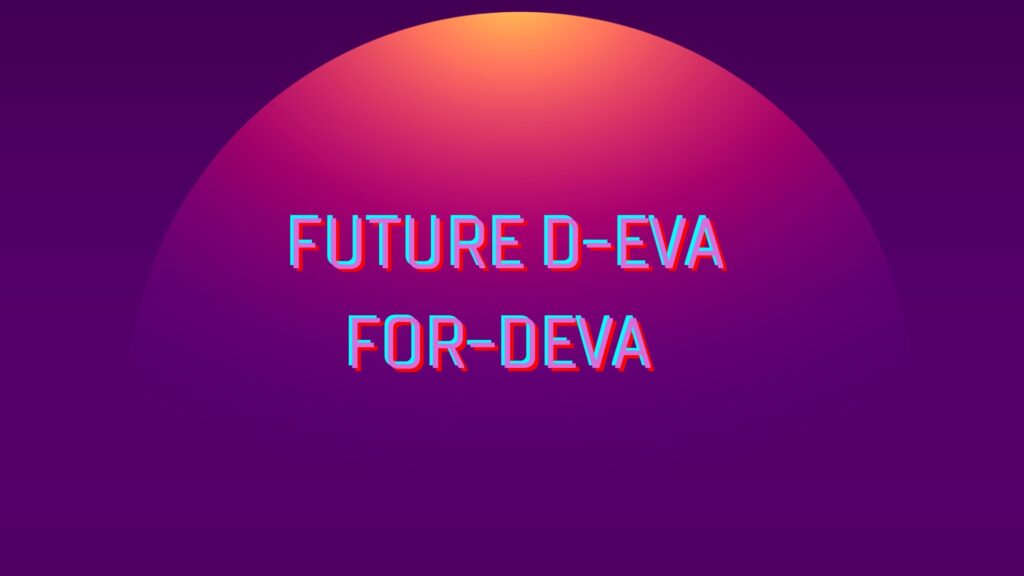Track
EdTech for Social Change
The EdTech for Social Change track is a connective hub that opens space for partnerships, applied research and projects with industry stakeholders. Together we use technology to boost individual learning, corporate training, and to make learning accessible to vulnerable social groups.

Track Team
What do we work on?
In today’s complex and fast-changing economy, more and more people seek to develop themselves to their full potential. Not only the demand for learning is growing exponentially, but also the way we learn and teach continuously changes education and technology. Unfortunately, not everyone on our planet gets the same opportunities for development. Access to learning opportunities, success at school, and chances of higher and further education remain socially and spatially divided.
Defined by the Association for Educational Communications and Technology as “the study and ethical practice of facilitating learning and improving performance by creating, using, and managing appropriate technological processes and resources”, EdTech can help as a powerful tool to establish positive social change and enhance sustainable development of all social groups in the world.
The three pillars we focus on are:
(1) reskilling and upskilling people for the jobs of the future,
(2) providing access to education to vulnerable groups and
(3) providing access to (special and) inclusive education.
The following questions help us to better understand the environment of EdTech, so we enable educators, administrators, researchers, and industry stakeholders to better understand our current social landscape:
- How do we use the power of technology to make people ready for today’s fast-changing labour market and prepare them for the jobs of the future?
- How can technology help us to make education and training available to vulnerable populations?
- How can technology help to bring together better education innovations, ideas and solutions for society?
- How can EdTech help sustainable development?
- What is the use of technology within a wider systems approach to education?
Our current challenges:
Our (previous) challenges:
-
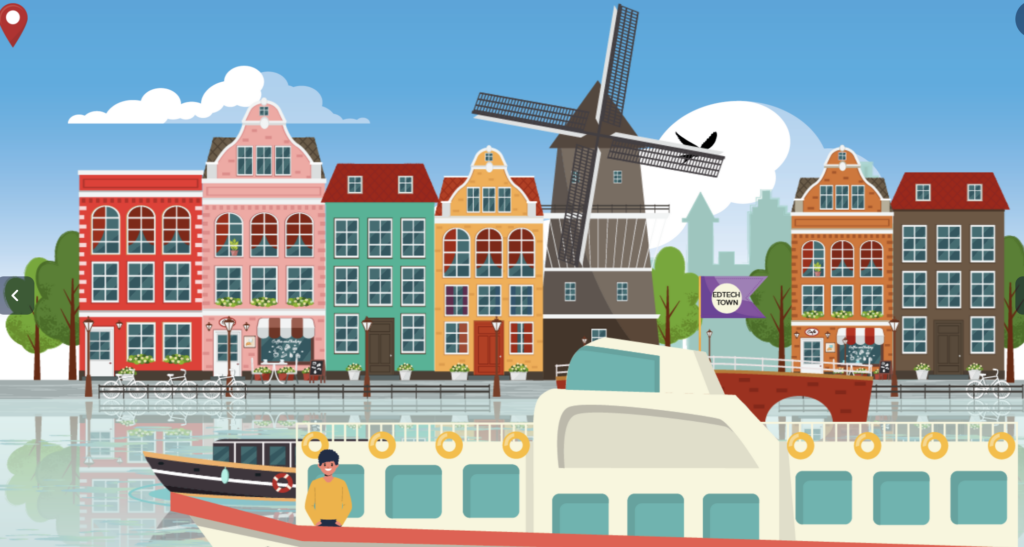
Project
EdTech Impact: Creating an engaging tool for reaching clients
-
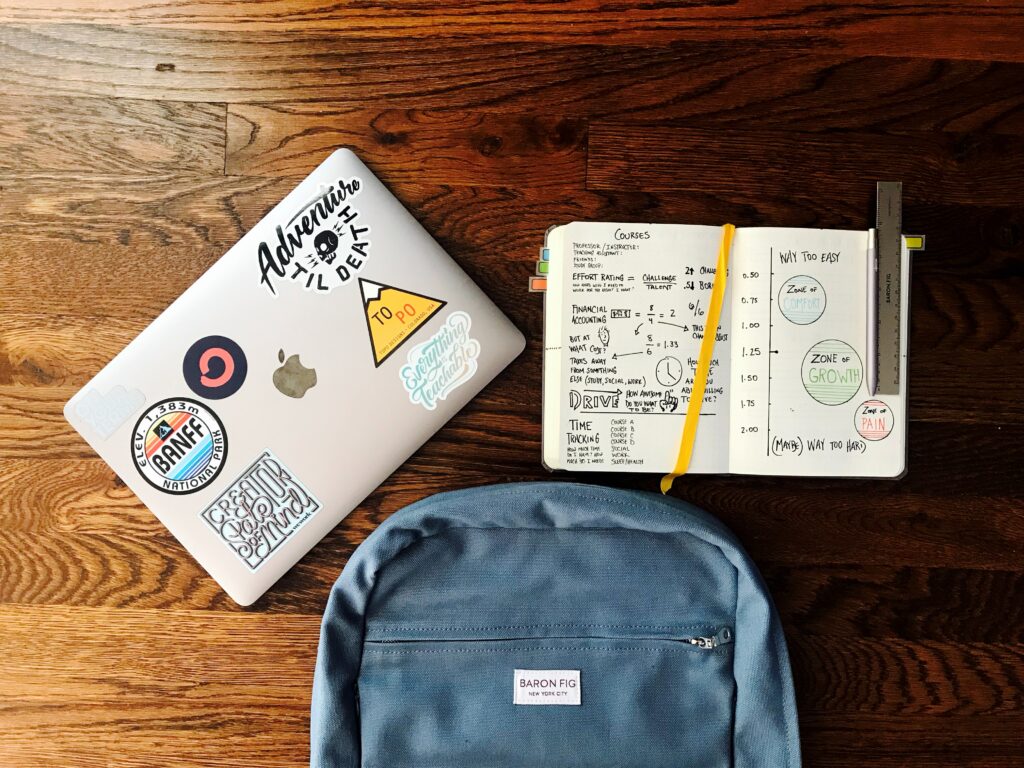
Project
D-EvA Platform
-
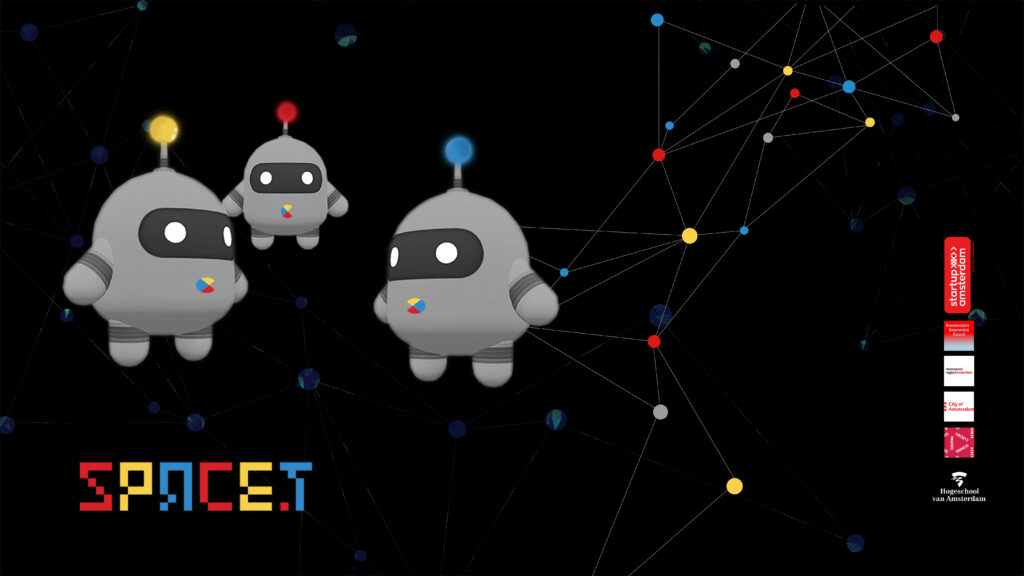
Project
SPACE T for Tomas: from tool to movement in talent development
-

Project
The Talent Ecosystem Guide (TEG)
-
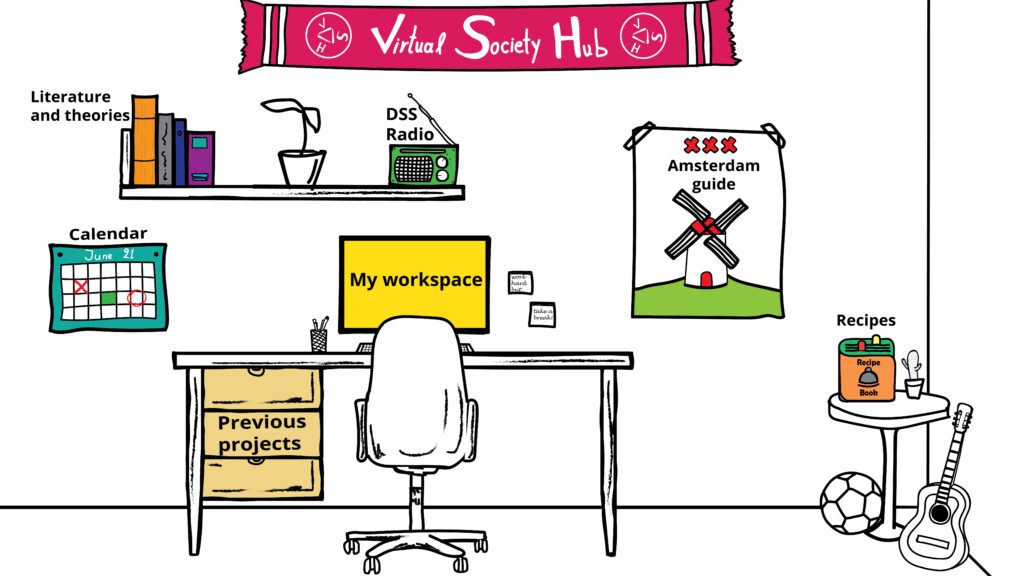
Project
New Learners Hub: A modular virtual hub ensuring learner retention
-

Project
Evidence for Teaching (EIPSI)
-
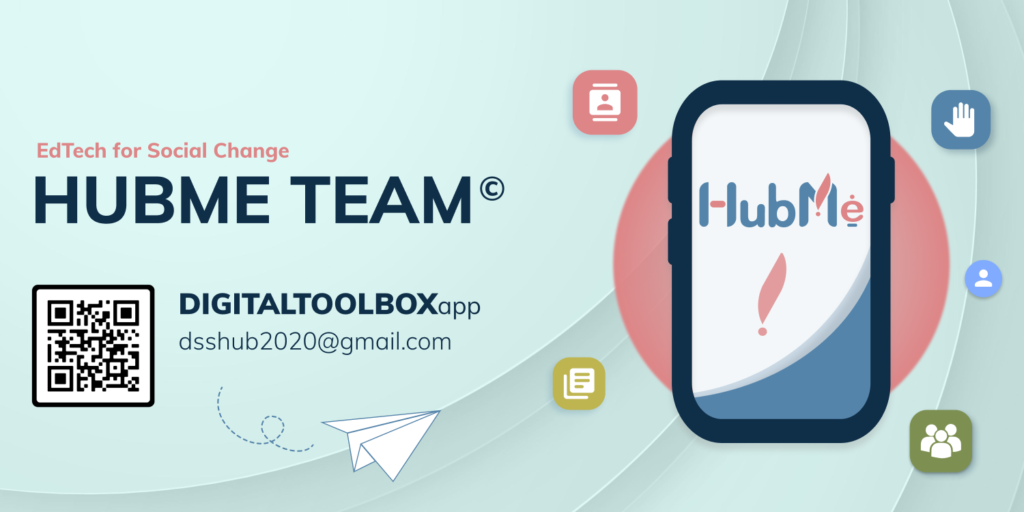
Project
Emergency Remote Teaching Hub
-
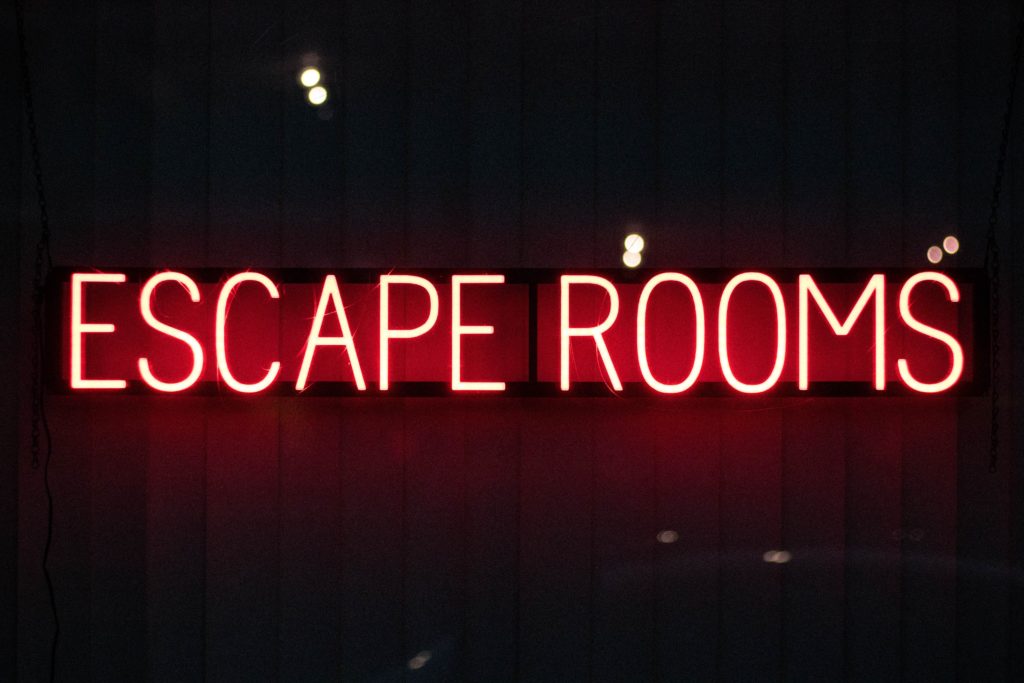
Project
Digital Technology and Sustainability in Educational Escape Rooms (EER)
-
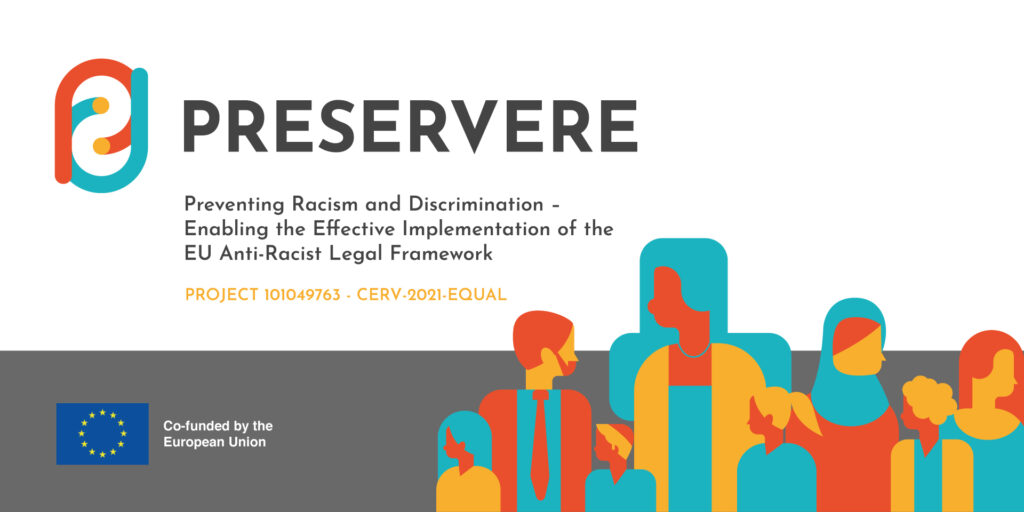
Project
Preservere – (Preventing Racism and Discrimination – Enabling the Effective Implementation of the EU Anti-Racist Legal Framework)
-
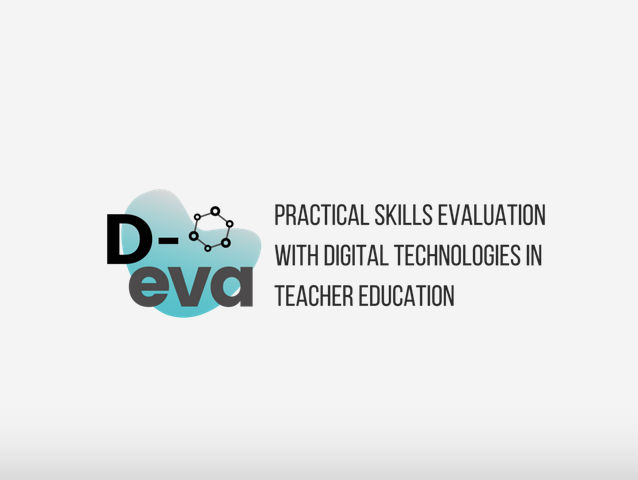
Project
D-EvA: Practical Skills Evaluation with Digital Technologies in Teacher Education
-
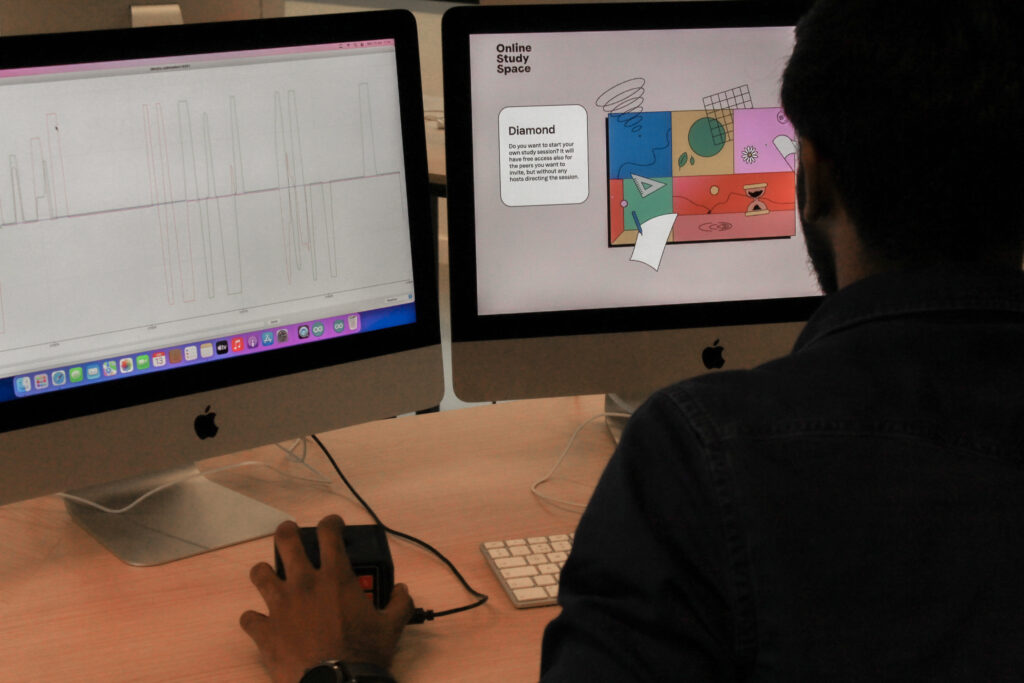
Project
Online Study Space: making multisensory education a reality in university environments
-
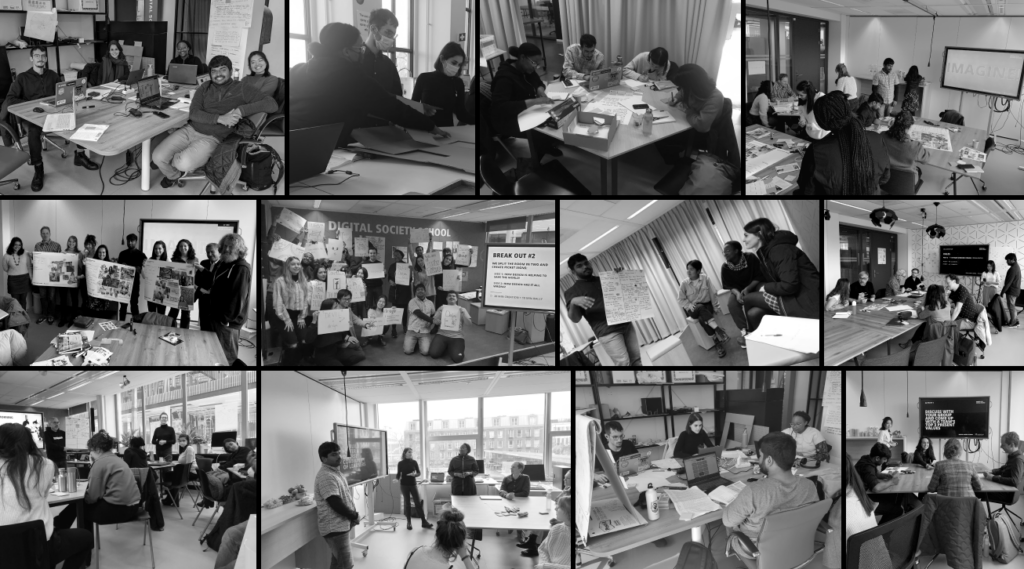
Project
FUTURING KNOWLEDGE INSTITUTIONS – HVA2030: WHAT WILL THE FUTURE HOLD FOR HVA AS A KNOWLEDGE INSTITUTION?
Join our 20-week Traineeship
Joining the Digital Society School will open up a world of opportunities. You’ll be part of a vibrant interdisciplinary group during a semester and have unique access to a network of experts in the field.
Other tracks
Beyond Blended
Education is going through a transformation. This transformation became suddenly very urgent when we had to teach and study from home. Based on this recent and intense experience, we gained the knowledge and know-how, to now research and design the ideal blend between physical and online education.
Digital Twin
The idea of a digital twin, a virtual representation of an object, a person or a process, is not new. But the application of advanced big data analytics and AI might turn it into a truly disruptive technology. What happens when digital twins are linked to the real world, real people, real processes, real time for monitoring and control? Who will be using this technology and for what purposes?
Design Across Cultures
In this track we design new ways to create meaningful connections between multiple stakeholders to co-create insights, ideas and solutions for the United Nations Sustainable Development Goals. The key question: how can you design for collaboration across contexts, cultures and nations, sustainably, without having to be physically travel across the globe?
